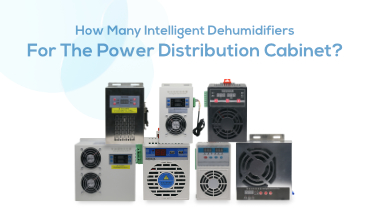
How Many Intelligent Dehumidifiers Are Needed for The Power Distribution Cabinet?
In various modern power distribution cabinets, the intelligent dehumidifier

Blue Jay Electrical cabinet dehumidifier application includes control cabinets, PLC cabinets, HMI cabinets, outdoor computer enclosures, robot cabinets, VFD control cabinets, MCCs, and other cabinets. This article will explore electrical cabinet dehumidifier applications for industrial use.
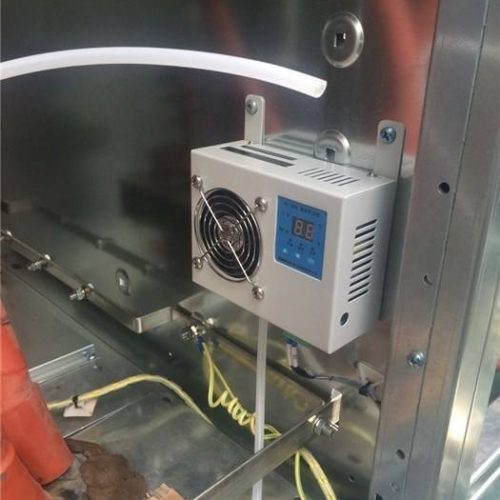
Blue Jay Electrical Panel Dehumidifier
The Blue Jay dehumidifier is suitable for any switchgear or electrical panels with small space.
Various types option
Various materials option
Various Dehumidifying capacity option
Built-in or external sensors
PLC cabinets, also known as PLC control cabinets, are enclosures that house programmable logic controllers (PLCs), Human-Machine Interfaces (HMIs), input/output (I/O) modules, and other electrical components. To prevent PLCs and other sensitive electronic components from being damaged by moisture, electrical cabinet dehumidifiers need to be installed in PLC control cabinets
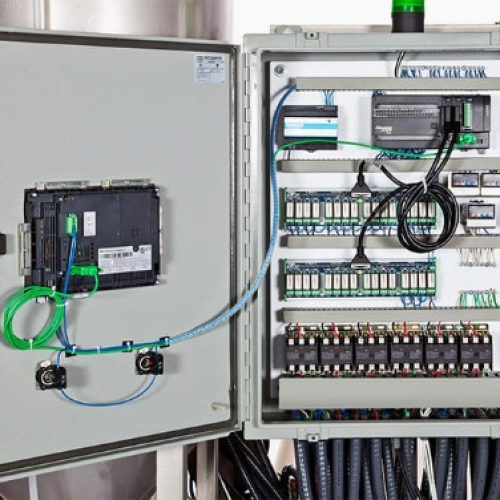
Human-machine interface (HMI) cabinets contain devices used to operate and monitor industrial control systems. The HMI cabinets often include touch screens, keyboards, indicator lights, and other elements. Moisture can damage HMI screens and other electronic components, leading to malfunctions and downtime. Electrical cabinet dehumidifiers help maintain optimal humidity levels, protecting HMI components from moisture-related damage.
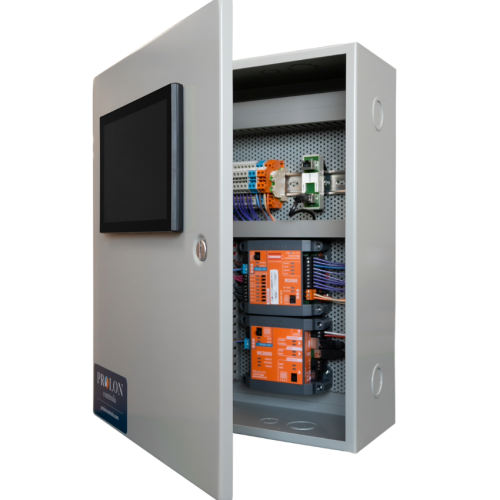
Robot control cabinets, also known as robot controller enclosures or robot control panels, contain the electrical components that control the movement and operation of industrial robots. These cabinets are critical to the smooth functioning of robotic systems. Moisture can cause electrical failures and corrosion of components, leading to robot malfunctions. By using an electrical cabinet dehumidifier, the humidity levels inside the robot cabinets can be maintained, preventing moisture-related issues and ensuring the seamless operation of robotic systems.
Variable Frequency Volt Drive (VFD) control cabinets are used to control the speed of AC motors. These cabinets typically house VFDs, transformers, filters, braking units, and other electrical components. Excessive moisture in VFD control cabinets can lead to the corrosion of electrical components, electrical shorts, mold growth, and system failures. Using dehumidifiers in these cabinets effectively prevents these problems, ensuring the reliability and efficiency of VFD control systems.
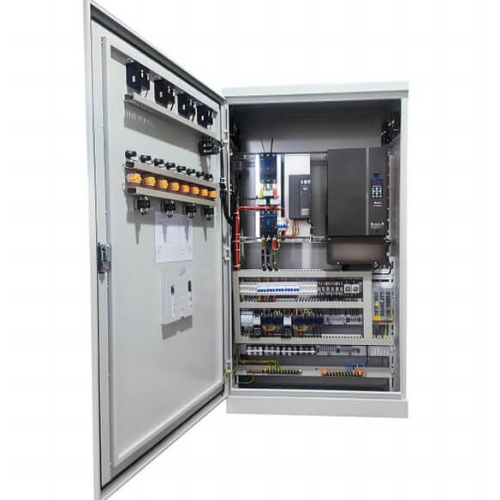
Motor Control Centers (MCCs) are primary distribution centers in power systems, responsible for receiving high-voltage power from substations and distributing it to low-voltage distribution systems. MCCs usually contain circuit breakers, isolators, fuses, transformers, and busbars. Moisture can cause significant damage to the electrical components within MCCs, leading to increased downtime and maintenance costs. Electrical cabinet dehumidifiers help protect these components from moisture damage, improving the reliability and lifespan of MCCs.
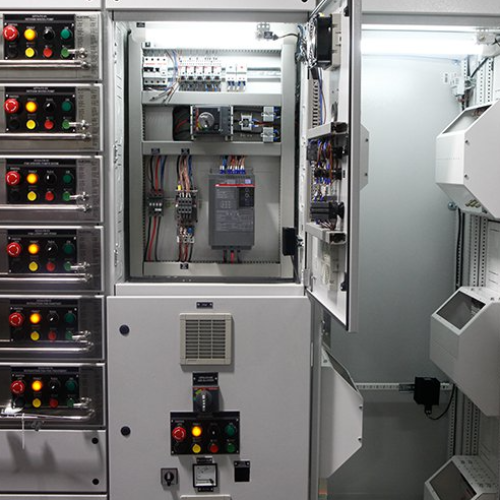
Electrical cabinet dehumidifiers play a critical role in protecting various types of industrial cabinets from moisture-related damage. By maintaining optimal humidity levels inside these cabinets, dehumidifiers ensure the reliability, efficiency, and longevity of the electrical components they house. This makes them an indispensable part of industrial environments where moisture control is essential for the smooth operation of electrical systems.
Related articles

How Many Intelligent Dehumidifiers Are Needed for The Power Distribution Cabinet?
In various modern power distribution cabinets, the intelligent dehumidifier
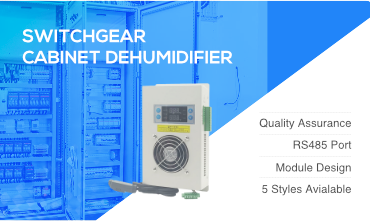
5 Tips To Purchasing Switchgear Cabinet Dehumidifier
Due to the lack of understanding of a switchgear
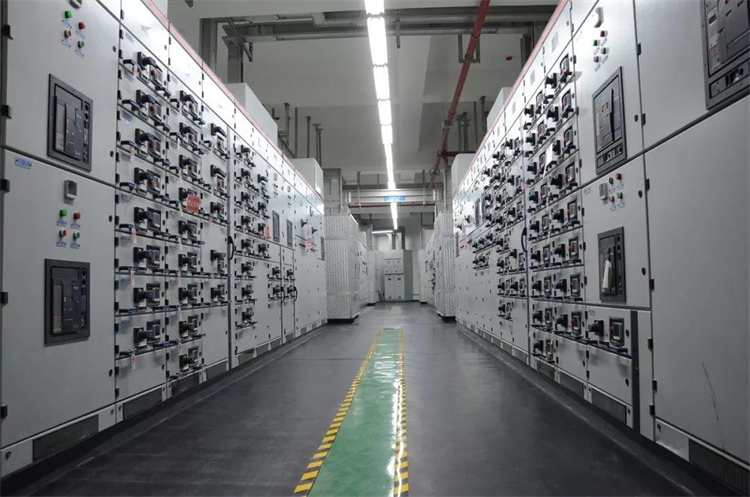
Why Electric Cabinet Dehumidifier Is Important?
Electric Cabinet Dehumidifier is one of important device in




